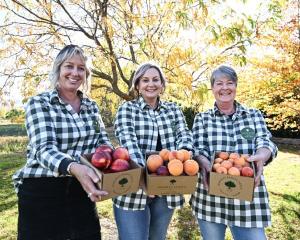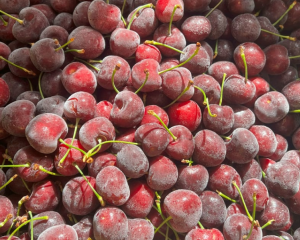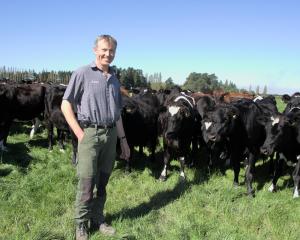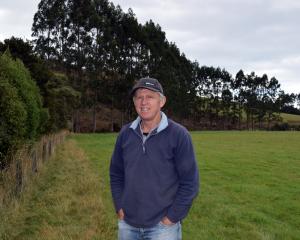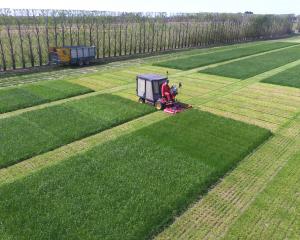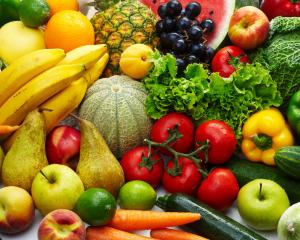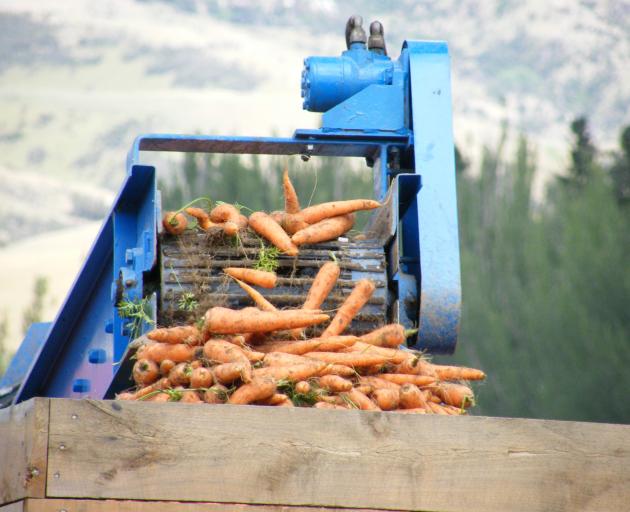
United Fresh Technical Advisory Group food safety representative Anne-Marie Arts, of Auckland, is asking growers to fill in a survey about their traceability practices as part of a three-year project.
The body, which includes Otago and Southland growers as members, received $272,0000 from the Ministry of Primary Industries' sustainable farming fund as well as $90,000 from United Fresh and about $80,000 in kind from the industry.
While many growers had good existing traceability systems, the project would identify gaps in each link in supply chains for fresh produce, from growers, through to packhouses, wholesalers, retailers and exporters.
Food regulations including the Food Safety Act 2014 and Food Safety Law Reform Bill 2018 require effective traceability from grower to consumer.
''As an industry we need to to make sure robust systems are in place now rather than when there is a crisis,'' Ms Ants said.
''New Zealand food regulations require one up, one down traceability; where the produce has come from and where it is going to.
''We want to find out where there are gaps and where are there blockages.
''What information is captured and where?
''What information do growers, wholesalers and retails need to develop robust, effective traceability systems?''
New Zealand's horticulture industry is worth about $7.3billion, not including wine, while the domestic fresh produce industry is worth about $2.24billion.
There are about 5500 commercial growers producing more than 100 different crops.
She said a key driver for developing the project had been Fonterra's whey protein concentration contamination scare in 2013.
Initial tests had shown there had been contamination by a botulism-causing bacteria, although it was later found to be a false alarm.
''Sometimes traceability issues force us to take stock and say, 'Are we doing this well?','' she said.
United Fresh had trialled an international traceability system, GS1, and tested it against current New Zealand specifications using strawberries, as proof of concept, in 2015.
''Since then we have been working towards the bigger project.''
While pre-packed produce, such as cherries, or potatoes in bags could be easily bar-coded and traced, produce sold individually, such as lettuces, are not usually wrapped and are harder to trace, especially if they are sold to other businesses and repackaged.
''The Australian strawberry incident [needles found in strawberries] is a wake-up call.''
If growers want to be involved in the survey they can contact Ms Art on amarts@agrichain-centre.com


